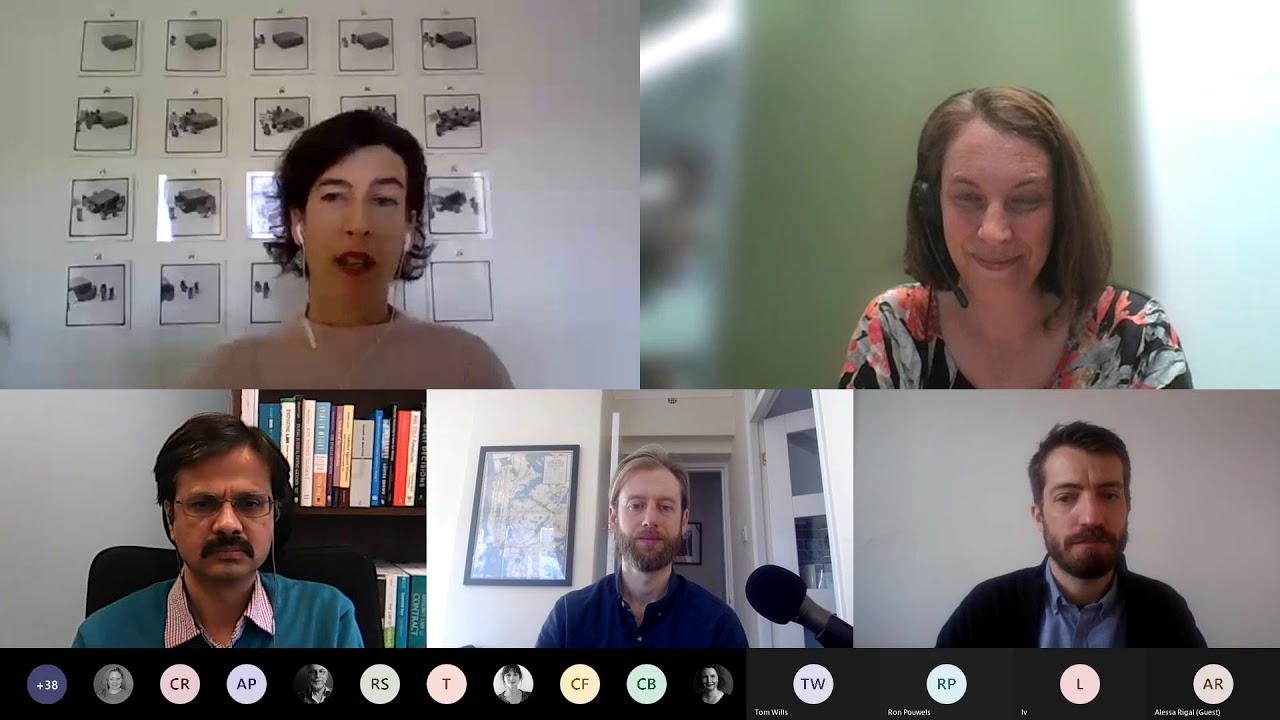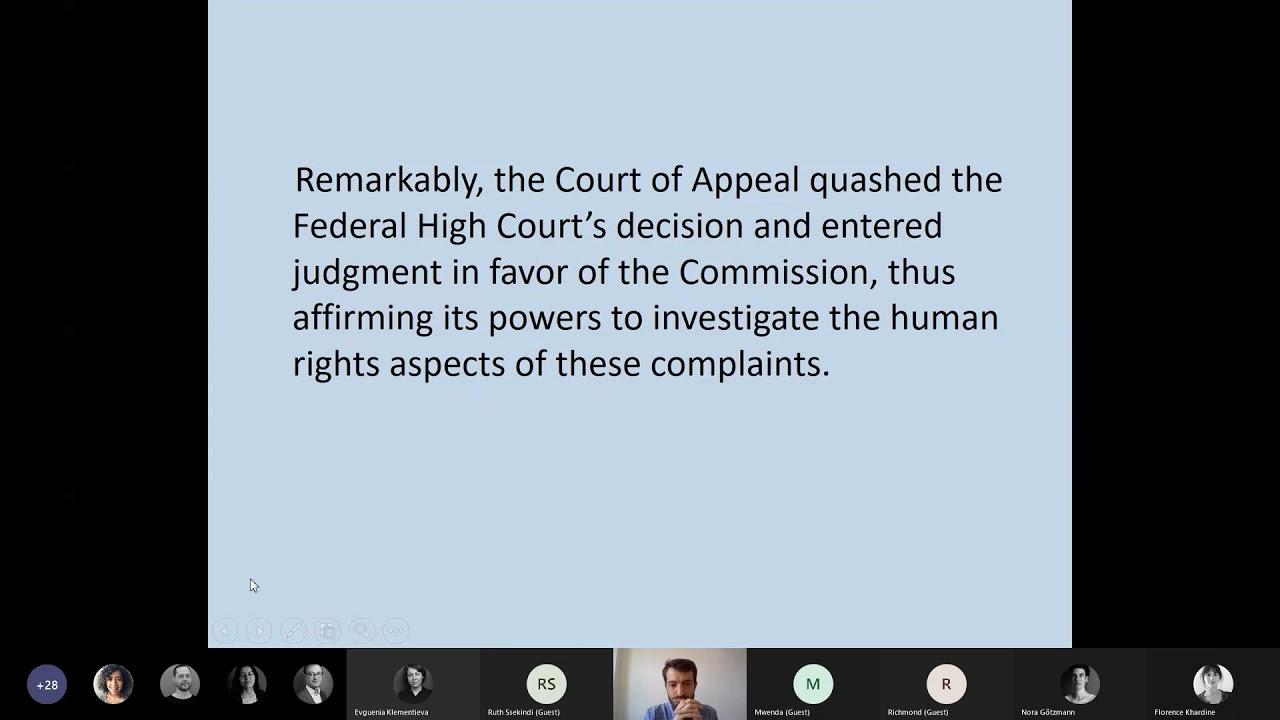NHRIs and access to remedy for business-related human rights abuses

Purpose
Effective access to remedy remains a key gap in the area of business and human rights. To contribute to addressing this gap, the Danish Institute for Human Rights (the Institute) is examining the role of national human rights institutions (NHRIs) in facilitating access to effective remedy in the context of business-related human rights abuses.
The research project builds on the Institute's previous work on the topic by analysing 2019 survey data generated by the UN Working Group on Business and Human Rights (opens link in new tab), as well as four in-depth qualitative case studies developed in collaboration with four African NHRIs (Kenya, Niger, Nigeria and Uganda).
The difference we make
This project seeks to analyse NHRIs’ capacities to contribute to access to effective remedy for victims of business-related human rights abuses and make suggestions for how to enhance these.
The executive summary and recommendations from the report, "National human rights institutions and access to remedy in business and human rights" is available in both English, French and Spanish.
To do so, the project reviews how different Paris Principles mandate areas can be most effectively applied to enhance access to remedy. Common challenges faced by NHRIs are identified as well as solutions and policy recommendations to address these.
The findings seek to serve as a resource for NHRIs and other actors to strengthen the role of NHRIs in facilitating access to remedy. Furthermore, the project seeks to inform current international and national processes that address the role of NHRIs and access to remedy.
The findings have been submitted as an input to the UN Working Group on Business and Human Rights for their forthcoming 2020 report on this specific topic (opens link in new tab). National processes such as National Action Plans on Business and Human Rights could equally draw on the findings.
VIDEO: Recording of the first webinar: In this webinar, the Institute was joined by three expert speakers to discuss the role and practice of NHRIs in access to remedy for business-related human rights abuses. The discussion drew on the Institute’s analysis of the 2019 survey data generated by the UN Working Group on Business and Human Rights.
VIDEO: Recording of the second webinar: In this webinar, the Institute was joined by three NHRI representatives from the NHRIs of Nigeria, Kenya and Uganda to discuss case studies from Africa.
Partners
- Commission Nationale des Droits Humains Niger
- Kenya National Commission on Human Rights
- National Human Rights Commission of Nigeria
- Uganda Human Rights Commission
Starts: 2018
Ends: 2019
Contact
Links
- REPORT: "National human rights institutions and access to remedy in business an…
- REPORT: "Case studies and workshop report: Remedy in business and human rights …
- REPORT: "Lessons from research on National Human Rights Institutions – A desk r…
- BLOG: "How can national human rights institutions improve access to remedy for …


